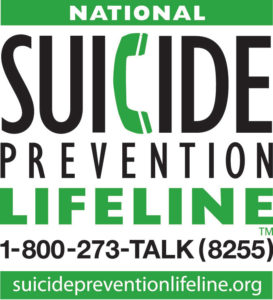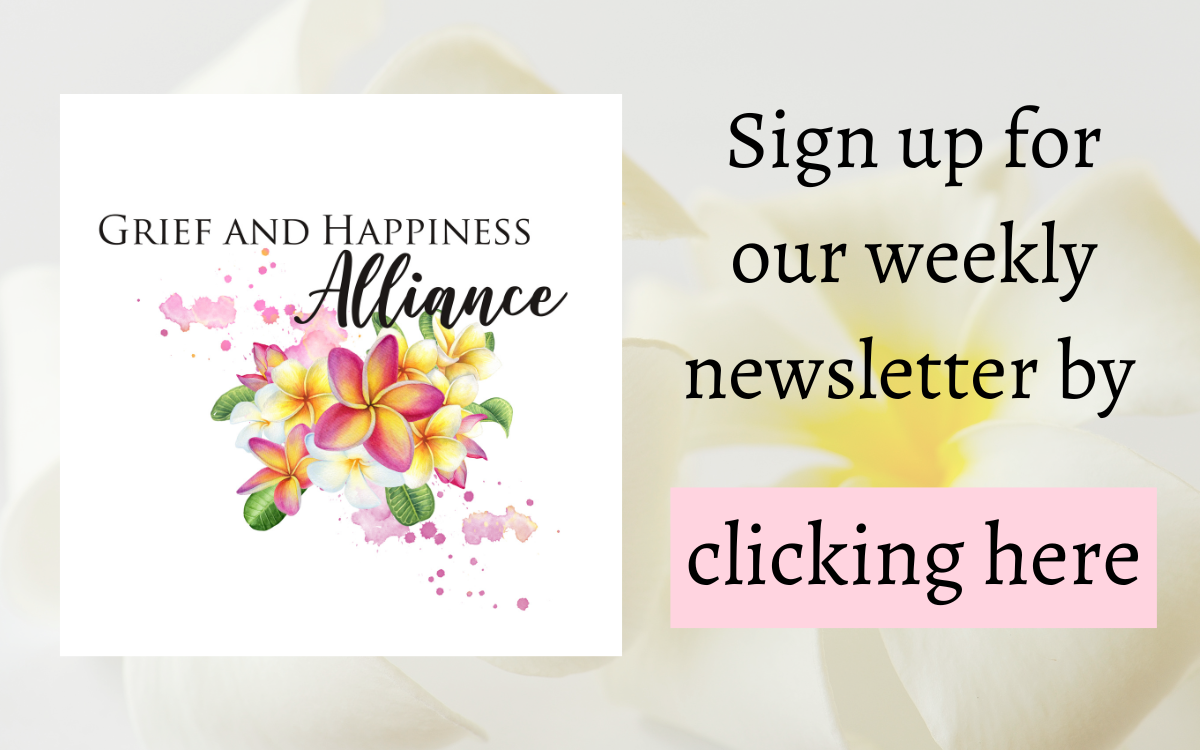
Suicide always has multiple victims. We can never truly know what the final impetus is that causes the act. In America, the second leading cause of death in people between 10 and 34 is suicide. The largest percentage of suicides is male by far. And we have a significant increase in suicides with the pandemic. September is National Suicide Prevention Month and September 10 is World Suicide Prevention Day. Though Suicide is a topic that most of us choose not to address, let’s take a moment to just be aware of how this is affecting our world today.
Unfortunately, I have known several people succumbed to the lure of the end of their pain, whether physical or emotional. Two men who did this caused me much contemplation. I directed the musical Oliver for a dinner theatre. When rehearsing for a production, we always spent four to five nights a week for 6 weeks together before a show would open. Then we spent several weekends of performances after that. Casts and crews often became like families from spending so much time together.
In Oliver, the two main adult male characters were Fagan and Bill Sikes. I had worked with the men I cast in these roles several times before and knew their skills, responsibility, and dedication. The character of Fagan was the adult leader of a group of orphans who he taught how to pickpocket to support him. The character of Bill Sikes was an evil thief and murderer. Within two weeks after the production was finished, and within a week of each other, both men were dead by their own hands.
Our theatre family gathered to celebrate their lives as well as share our feelings about what happened. We discovered that one of the men had a medical issue that was difficult to deal with. The other man had a mental issue that he had been able to carefully conceal from his friends. The group contemplated all the “if-onlys” as we considered if there was anything we could have done to prevent this. We had a hard time figuring out how they could have hidden their pain and not let any of us help them.
Ultimately, when someone ends his or her life, those who cared about that person are left to deal with the trauma and pain of the loss. I always talk about what to say or not say to someone who is grieving, and this has some difference when speaking to someone grieving from a suicide loss. Often the most important things to do is to listen without judgment. The griever is likely to be self-judging already. Look at the person talking and hold hands if you can. Mention the deceased by name and say something positive when you can. And stay in touch for a long time. The need for support may lessen over time, but it is likely to always remain.
What is of critical importance here is that if someone tells you they feel like committing suicide, believe them. Help them call the national suicide prevention hotline 1-800-273-8255
Stay with them. And love them unconditionally. And if they do it anyway, know that it is not your fault. The person grieving from losing a loved one by suicide can use support just as the person does who is contemplating suicide or someone dealing with a failed suicide attempt.
Today, if you know anyone who is dealing with suicide in any way, send them an email, a text, a card, or even call them on the phone just to let them know you are thinking about them and that you are there for them. You can make a huge difference in their lives.
You can order Loving and Living Your Way Through Grief by clicking here at Amazon.
I would be happy to put you on the reminder list for or Writing Together Through Grief occurring on Saturdays each week by sending an email to me to emily@lovingandlivingyourwaythroughgrief.com and giving me your email address.
Join my Facebook group here.





